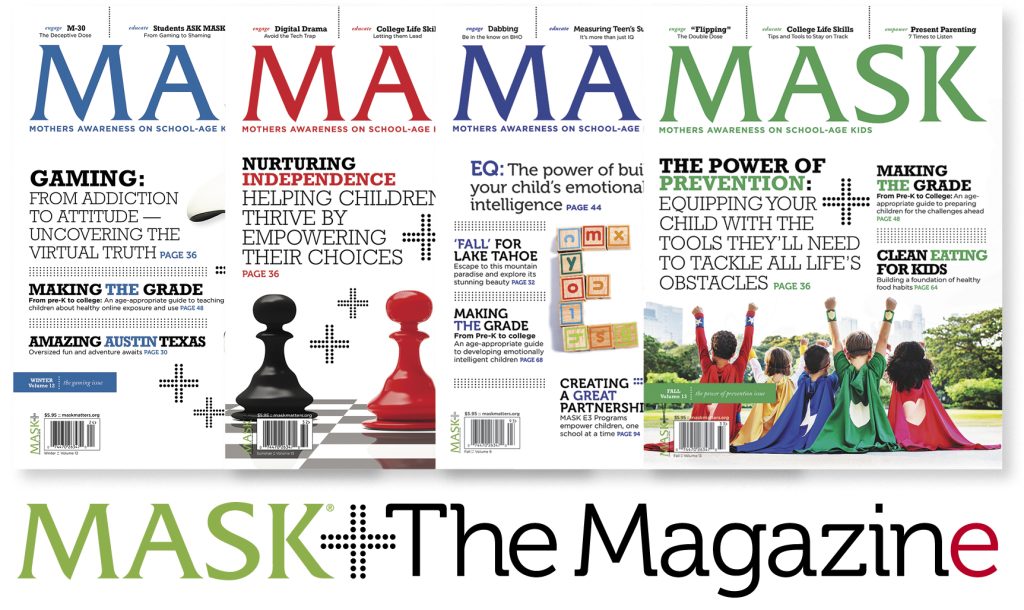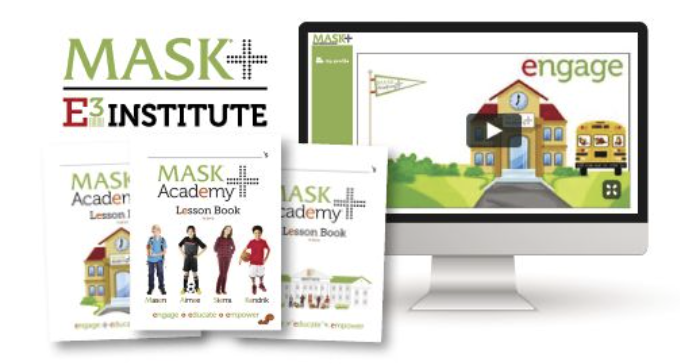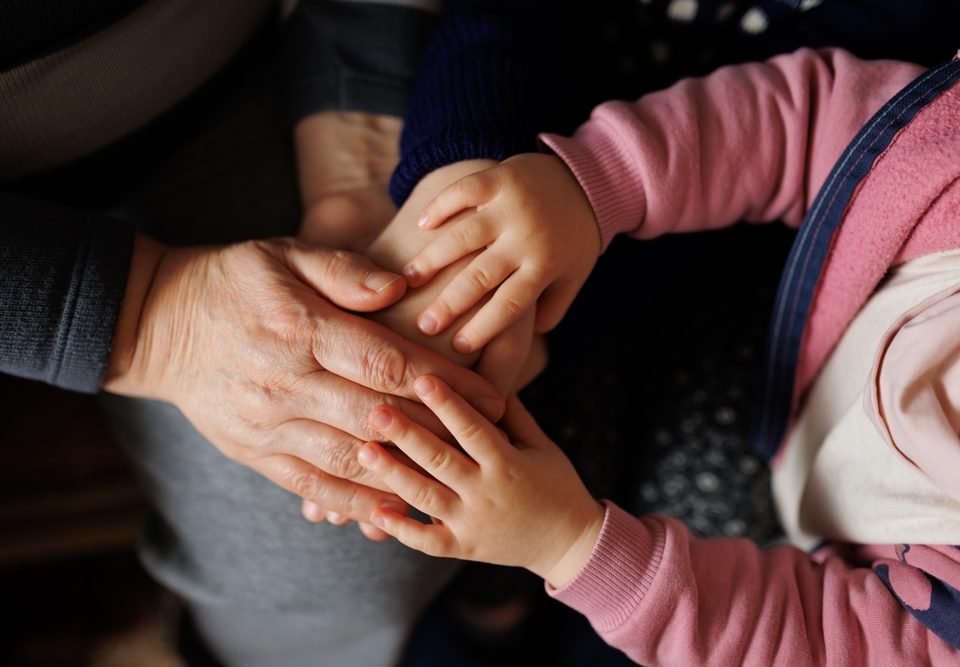
Journaling with Kids
September 18, 2024
Self Care for Students
September 23, 2024Family connection holds profound significance across various aspects of life, contributing to emotional well-being, social development, and overall life satisfaction. The importance of family connection can be understood through its impact on individual growth, mental health, social cohesion, and cultural continuity. Here’s a detailed exploration of these facets:
Emotional Support and Stability
Nurturing and Security
- Foundation of Trust: Families often provide a safe environment where individuals can express their thoughts and feelings without fear of judgment. This trust fosters emotional security and self-esteem.
- Support System: Family members offer emotional support during times of stress, crisis, or significant life changes, helping individuals cope with challenges and build resilience.
Love and Belonging
- Unconditional Love: Families typically offer a unique form of unconditional love and acceptance, which is crucial for emotional well-being.
- Sense of Belonging: Being part of a family gives individuals a sense of identity and belonging, which is essential for mental health and social integration.
Social and Moral Development
Teaching Values and Ethics
- Moral Framework: Families are often the primary source of moral education, instilling values such as honesty, responsibility, and empathy.
- Role Models: Parents and elder family members serve as role models, guiding younger generations through their behavior and choices.
Social Skills
- Interpersonal Skills: Family interactions help develop communication skills, conflict resolution abilities, and social norms.
- Community Building: Family units contribute to the broader social fabric by promoting cohesion, cooperation, and mutual support within communities.
Health and Well-being
Mental Health
- Reduction of Stress: Strong family connections have been linked to lower levels of anxiety, depression, and stress due to the emotional support and stability they provide.
- Sense of Purpose: Being part of a family can give individuals a sense of purpose and motivation, which is beneficial for mental health.
Physical Health
- Healthy Behaviors: Families often encourage healthy lifestyle choices such as balanced diets, regular exercise, and avoidance of harmful behaviors.
- Healthcare Support: Family members typically provide care and support during illness, ensuring access to medical care and emotional comfort.
Lifelong Learning and Growth
Educational Support
- Learning Environment: Families create supportive environments for learning, encouraging educational pursuits and intellectual growth.
- Knowledge Transfer: Skills, traditions, and cultural knowledge are passed down through generations, enriching personal development.
Adaptation and Problem-solving
- Resilience Building: Families teach problem-solving skills and adaptability, which are crucial for navigating life’s challenges.
- Resource Sharing: Collective family resources, including knowledge, finances, and networks, help individuals achieve their goals.
Cultural and Generational Continuity
Cultural Heritage
- Preservation of Traditions: Families play a key role in preserving cultural practices, languages, and traditions, which contribute to a person’s identity and sense of heritage.
- Intergenerational Learning: Through storytelling, customs, and rituals, families pass down cultural knowledge and values to future generations.
Generational Support
- Elder Care: Families often provide care for elderly members, ensuring their well-being and maintaining family bonds.
- Youth Guidance: Elders offer wisdom and guidance to younger generations, fostering a continuous exchange of knowledge and experience.
Community and Societal Impact
Social Integration
- Community Engagement: Families encourage participation in community activities and organizations, promoting social integration and cohesion.
- Volunteering and Charity: Family values often include helping others, leading to community service and charitable activities that benefit society as a whole.
Social Responsibility
- Model Citizenship: Families instill values of civic responsibility, encouraging members to contribute positively to society.
- Support Systems: Strong family networks contribute to societal stability by providing informal support systems that alleviate the burden on public services.
Family connections are fundamental to human life, influencing emotional health, social development, and overall well-being. They provide a support system that fosters resilience, promotes cultural continuity, and enhances social cohesion. Recognizing and nurturing these connections can lead to more fulfilled, balanced, and resilient individuals and communities.
To learn more tips and parenting subscribe to MASK The Magazine, parenting solutions for today’s families
Subscribe to MASK The Magazine
Or
Did you know that you can add past issues of MASK The Magazine and start your MASK Library –
Enroll your child or school in the MASK E3 Institute to equip them with the knowledge to make safe healthy and informed decisions.




